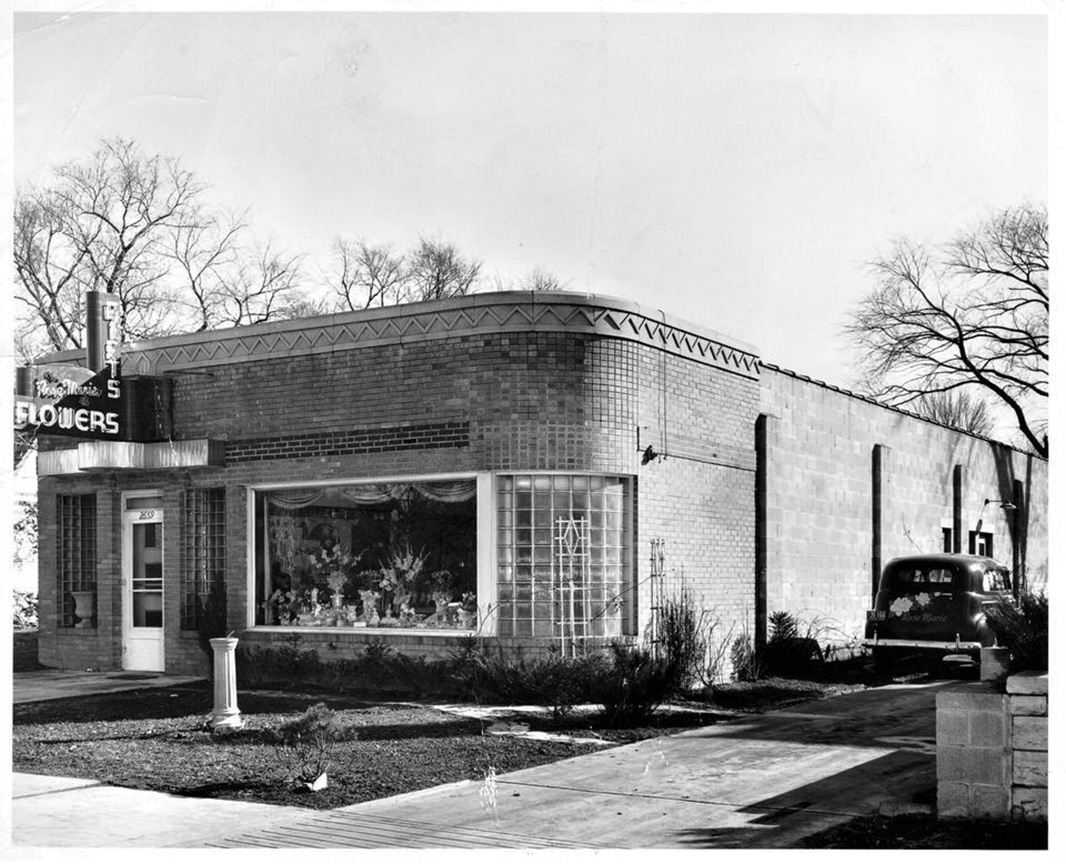By Michael Bushnell
Northeast News
July 15, 2015
“Here I will spend my leisure, secure from the worries of business and the excitement of city life. I will fish and loaf and explore the caves of these hills, with no fear of intrusion.”
So said Kansas City businessman Robert Snyder on the compelling view from the high promontory overlooking the quiet Osage River near Camdenton.
The embodiment of the Horatio Alger story, Robert McClure Snyder came from humble beginnings as one of seven children born to John and Sarah (Pence) Snyder in Columbus, Ind., in 1852. His father, grandfather and great-grandfather were millers by trade, owning mills and grocery stores in Virginia, Kentucky, Indiana and Missouri. In 1880, Snyder moved to Kansas City, Mo., where he again became involved in the wholesale grocery business, later branching out into real estate speculation, banking and utilities. In 1904, he purchased 2,500 acres on HaHaTonka Lake and Spring in Camden County and immediately began constructing roads and making extensive improvements to the immediate area around what would become a retreat for the Snyder family.
The castle was the dream of Robert M. Snyder, owner of the Snyder Gas Company in Kansas City. Snyder purchased the property in 1901, engaged the architectural services of Adrian Van Brunt, and obtained a Scottish foreman to ensure European authenticity in the construction methods of his dream retreat. Ha Ha Tonka Castle was to be Snyder’s legacy, but as is so often the case, he did not live to see his legacy fulfilled. He died in 1906 in one of the first automobile accidents in Kansas City.
Snyder’s sons continued work on the castle, completing a majority of the work in 1922. After that, the family business declined, and the sons spent a great deal of the inheritance litigating against the new lake project that threatened to encroach upon their family’s land. Ultimately, the castle was consumed by fire in 1942 and stands as a testament to the rise and fall of one of the city’s most powerful businessmen of the early 20th century. Snyder’s obituary, published in the Kansas City Journal-Post on Oct. 29, 1906, said, “He was a man who understood big things and made them win by keeping up the fight when other men might have been ready to give it up.”

















